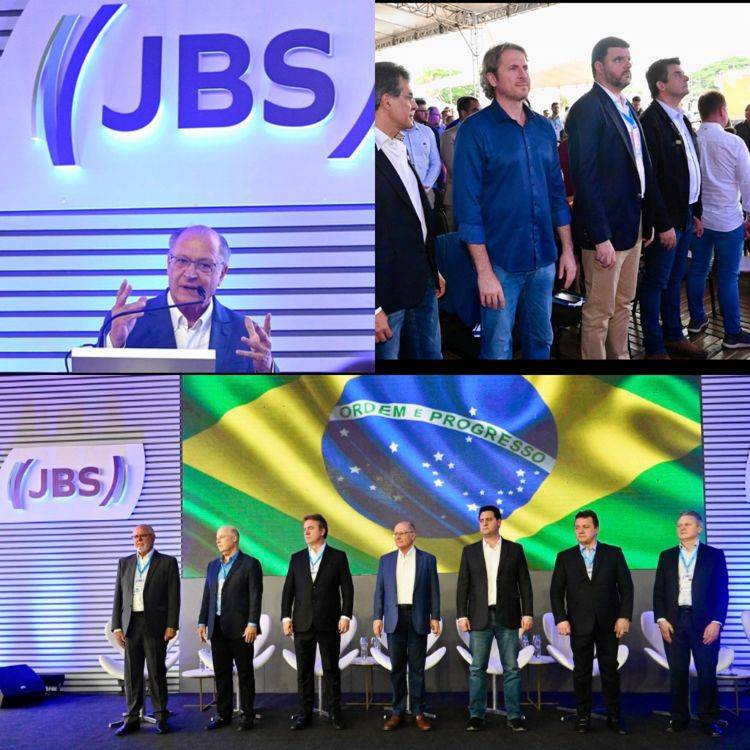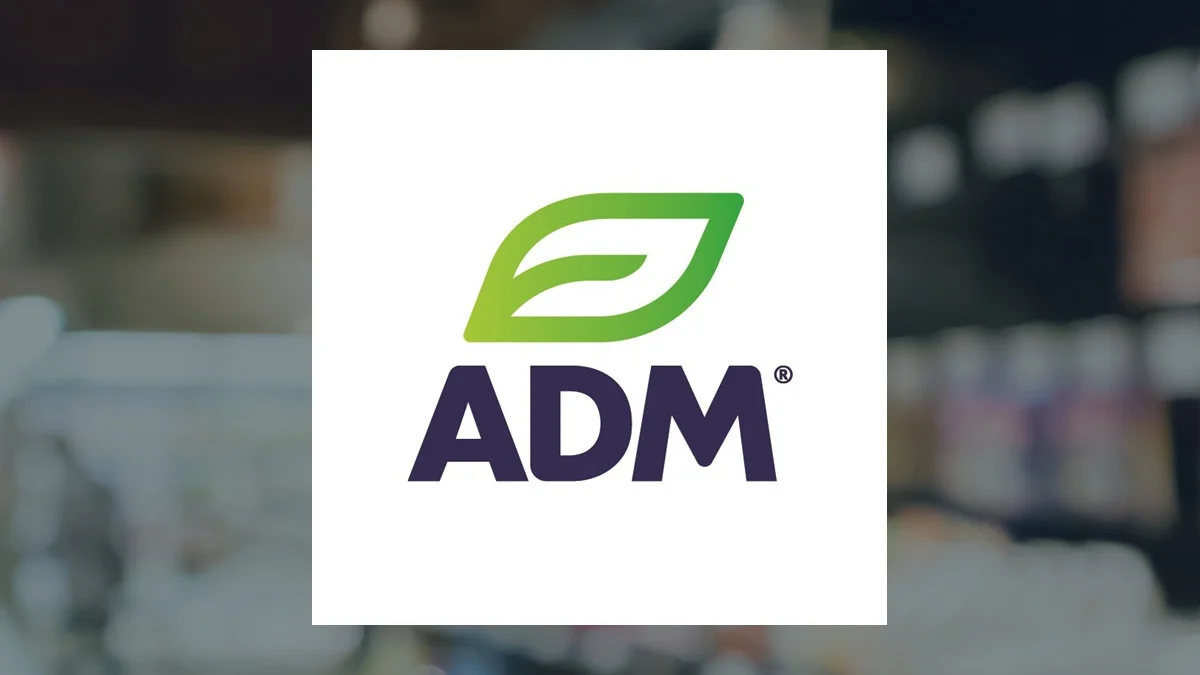Is JBS SA’s New York Stock Exchange Listing Compromised?
Global Political Pushback Against JBS’s IPO Plans
The resistance to JBS’s initial public offering (IPO) efforts is escalating beyond environmental activists, drawing attention from US and UK politicians. These lawmakers have expressed their concerns to the US Securities and Exchange Commission (SEC), urging the regulatory body to deny the Brazilian meatpacking giant’s application. As JBS, the world’s largest meat producer, gears up for public listings on the New York Stock Exchange and the São Paulo-based B3 exchange, the opposition is gaining momentum, now involving global legislators.
US and UK Lawmakers Voice Concerns to SEC
In two distinct letters, a group of 15 US senators and 13 UK Members of Parliament have articulated their apprehensions to SEC chair Gary Gensler. Their concerns revolve around JBS’s intended move to reduce capital costs, enhance shareholder returns, and boost diversification and growth. This isn’t JBS’s first attempt at an IPO, with previous efforts thwarted by a corruption scandal and the COVID-19 pandemic. The company, with a significant global presence and a market cap exceeding $11.25 billion, is now facing considerable pushback from both climate activists and policymakers.
Lawmaker Criticisms and Allegations Against JBS
Senator Cory Booker leads the US effort, highlighting JBS’s past missteps and urging the SEC to disclose the company’s potential risks to investors. These risks include corruption, human rights abuses, monopolistic practices, and environmental concerns. The politicians also address the structure of the proposed offering, which could potentially exempt JBS from US laws and allow the Batista family, JBS owners, to convert their shares to give them disproportionate voting power. Similarly, the UK letter bluntly requests the SEC to reject JBS’s IPO application, citing significant threats to global climate regulation and biodiversity conservation.
JBS’s Controversial Environmental and Human Rights Record
JBS’s climate impact is considerable, with a 51% increase in greenhouse gas emissions between 2016 and 2021. The company, accused of misleading investors about its environmental stewardship, faces an SEC whistleblower complaint for selling Sustainability Linked Bonds under potentially false pretenses. JBS is also a major contributor to Amazon deforestation, with substantial increases in its regional slaughterhouses. Human rights abuses, including child labor allegations and a substantial criminal exposure in various legal issues, further tarnish the company’s reputation.
Coalitions Call for Blocking JBS’s IPO
Environmental groups like Rainforest Action Network and Mighty Earth have petitioned the SEC to block JBS’s public listing, calling it a significant climate risk. The Ban the Batistas coalition, formed in response to JBS’s attempts to publicize its environmental initiatives, criticizes the company’s minimal efforts compared to its environmental damage and market dominance. These groups, along with concerned global entities, are urging investors and regulators to question JBS’s intentions and demand greater transparency.
UK MPs Challenge JBS’s Global Policy Influence
UK MPs have accused JBS of distorting global public policy debates, particularly at events like COP28, where the company promoted meat as ‘sustainable nutrition.’ This stance contradicts scientific consensus and poses a threat to global climate regulation efforts. The politicians argue that allowing JBS access to US capital markets would perpetuate environmental damage and undermine global climate change mitigation efforts.
Broad Political Consensus Against JBS’s IPO
Glenn Hurowitz, CEO of Mighty Earth, points out the unique consensus among US senators across the political spectrum against JBS’s IPO. The company’s expansion into industrial meat operations could lead to more deforestation, market manipulation, human rights abuses, and increased climate pollution. There’s a growing call for the SEC not to permit JBS’s IPO to proceed.



